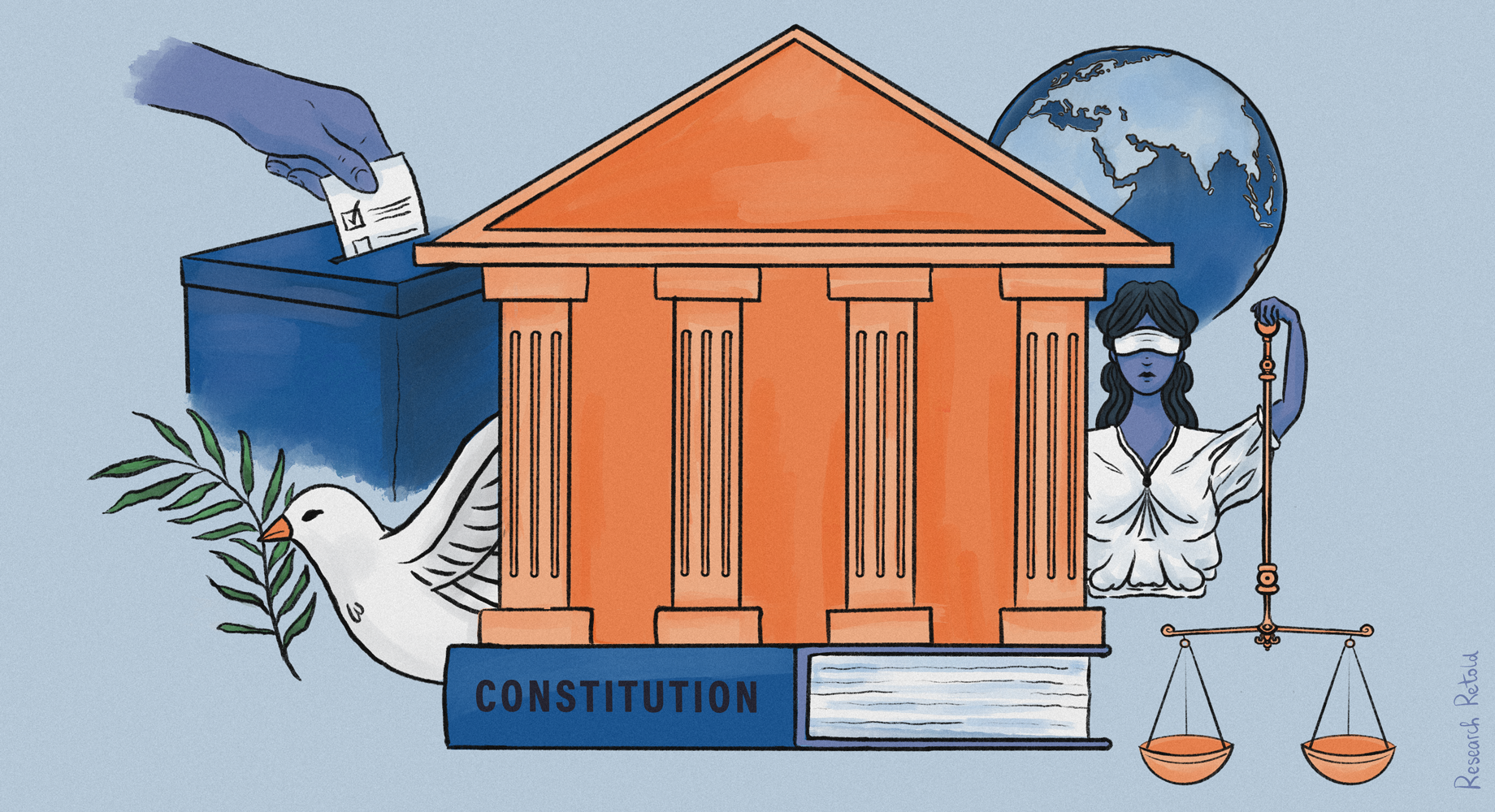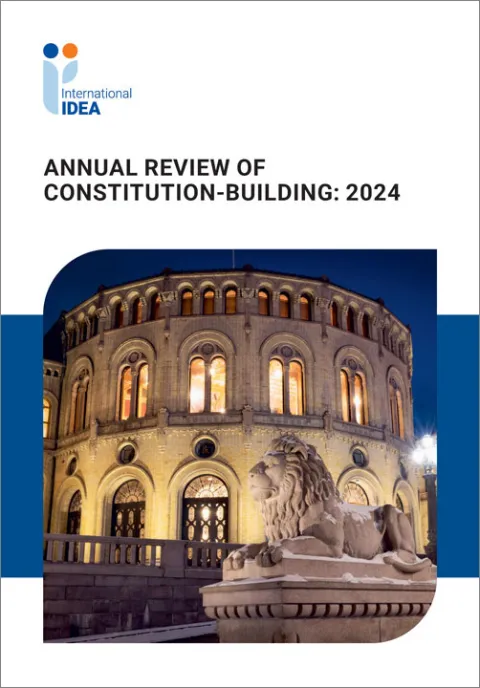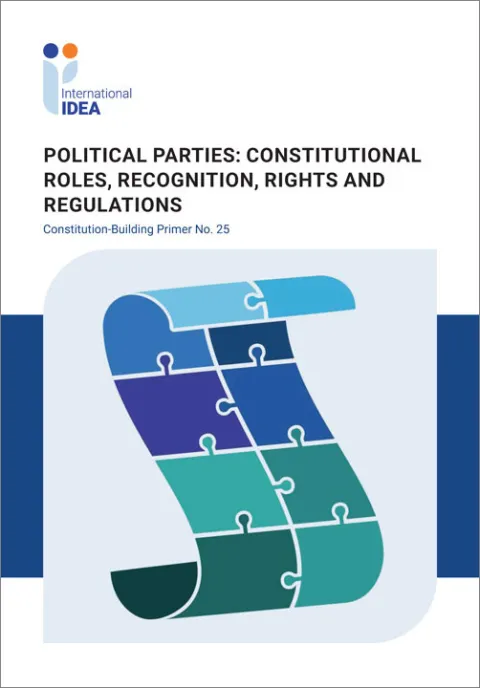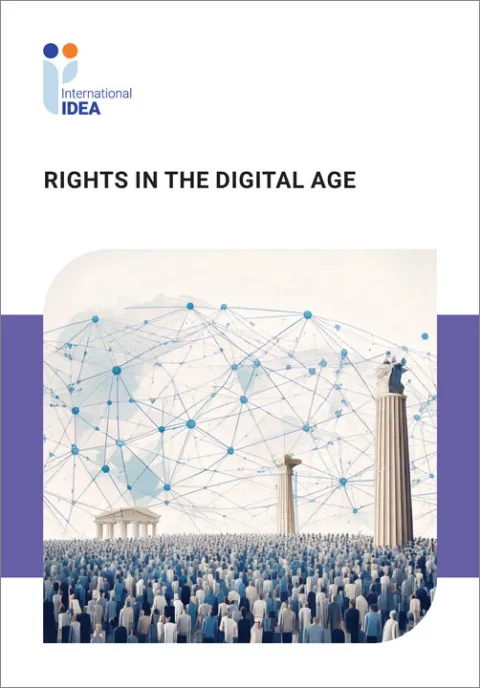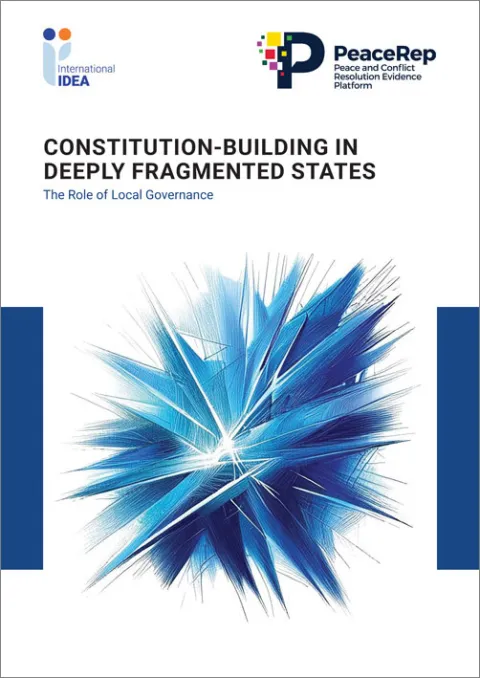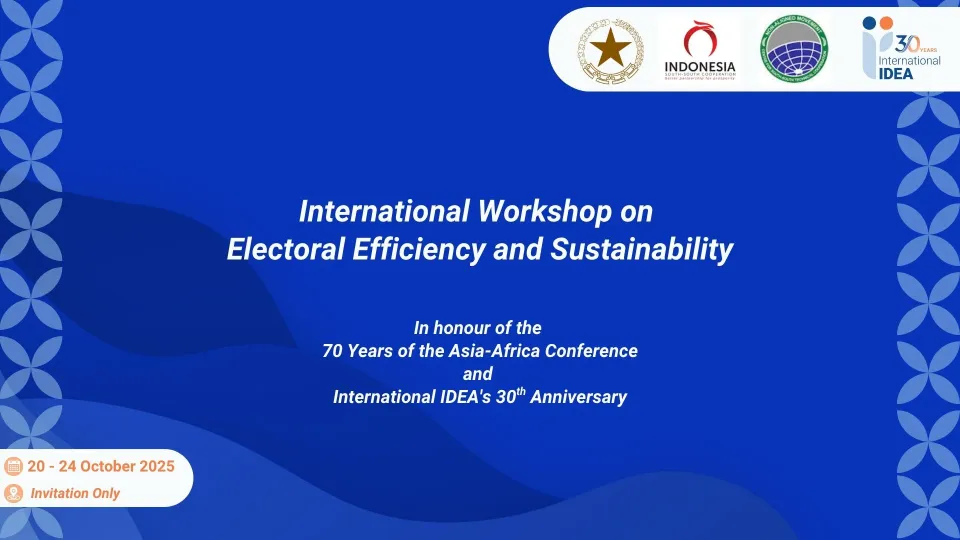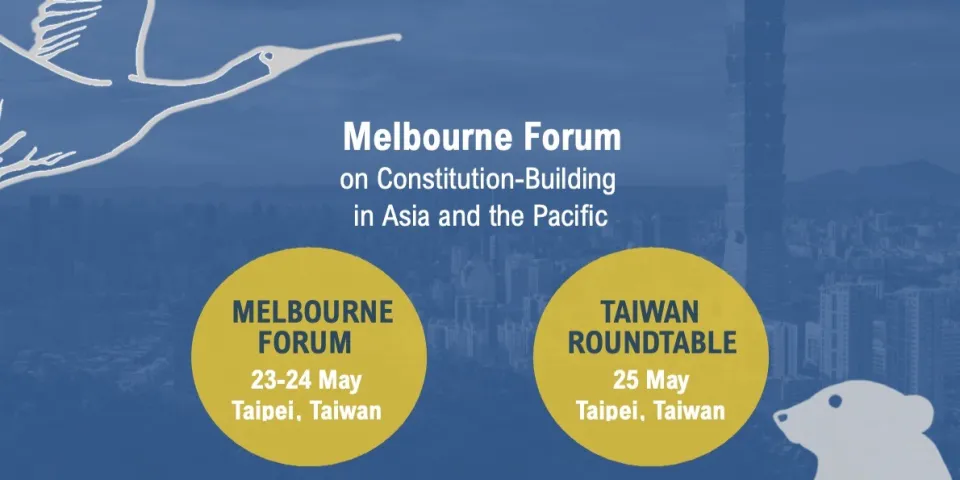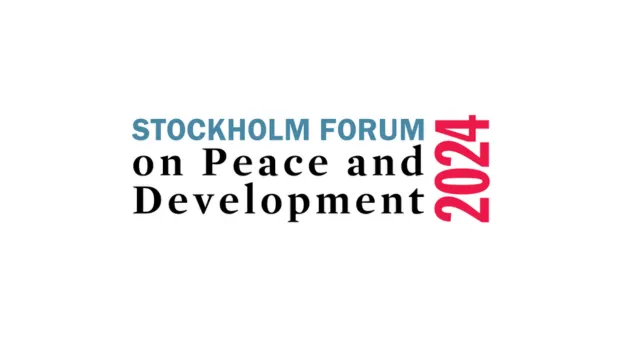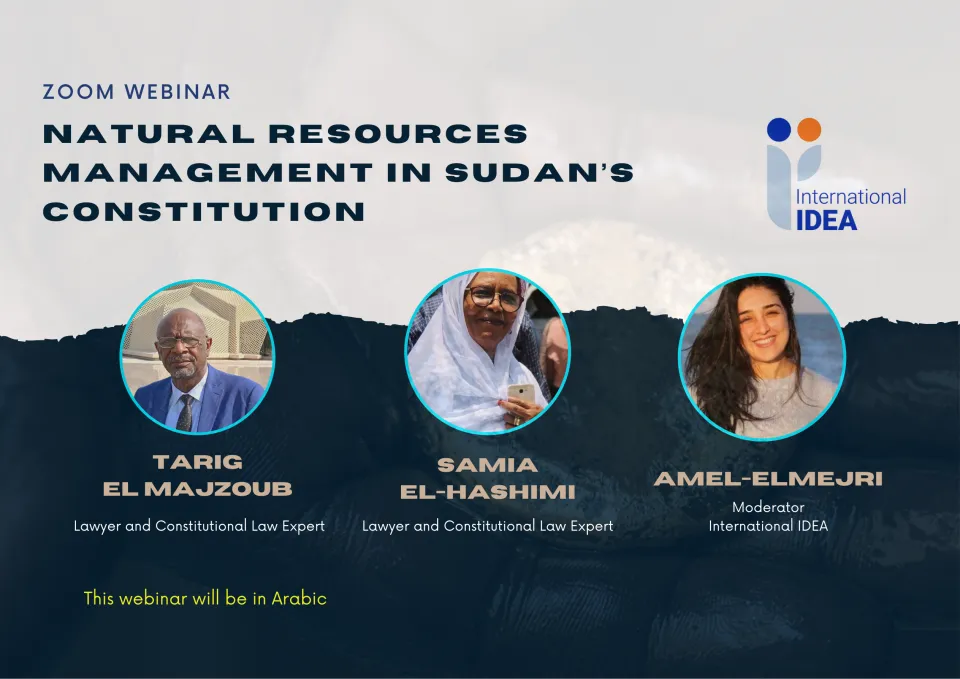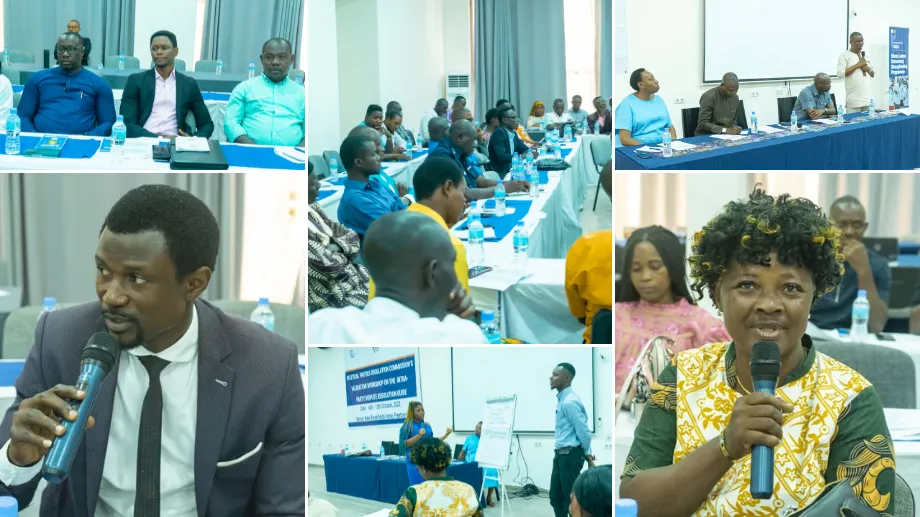Constitutional Reform Processes and Political Parties: Principles for Practice
Constitutional reform processes within a particular country are often about responding to broad challenges of peace building, reconciliation, inclusion and socio-economic development in a way that is seen as legitimate and is widely accepted.
As the demands placed on constitutions have increased, they have become complex and lengthy, and hence more challenging to design and implement. The stakes are often high in constitutional reform processes themselves, with vested interests and national divisions in play.
This publication provides a set of guiding principles for constitutional reform based on practical experiences of constitutional reform processes in Bolivia, Ghana, Indonesia, Iraq, Kenya, Malawi, Zimbabwe and South Africa.
While the primary focus of the publication is on the role of political parties in constitution-building processes, the publication is also of relevance to other actors involved in similar processes. It presents an overview of common phases, characteristics, challenges and guiding principles that can be customized to country-specific contexts
Details
Contents
Foreword
Preface
Acknowledgments
1. Constitutional reforms and guiding principles
2. Constitutional reforms in democratization
3. Constitutional reform and political parties
4. Constitutional reform in practice: Case studies
5. Constitutional reform in phases
Constitutions available on the internet
References
Further reading
Colophon
Give us feedback
Do you have a question or feedback about this publication? Leave us your feedback, and we’ll get back to you
Send feedbackConstitutional Reform Processes and Political Parties: Principles for Practice

| Total views | 22573 |
|---|---|
| Downloads | 219 |
| Rating |
Give us feedback
Do you have a question or feedback about this publication? Leave us your feedback, and we’ll get back to you
Send feedback